
We've collected advice from leaders in the corporate events industry—from catering to production, from fabrications to florals. Maggie Balcerzak of Pink Sparrow, Lindsey Neff of Larkspur Botanicals, Rob Pausmith of Très LA Group, Dera Lee of Dera Lee Productions, and Saadia Zahid of Studio 525 share their best practices for sustainability.
“Consumers are demanding more sustainable practices. It’s our goal, from a fabrication standpoint, to demonstrate that there are options for material and waste diversion.” — Maggie Balcerzak, Pink Sparrow
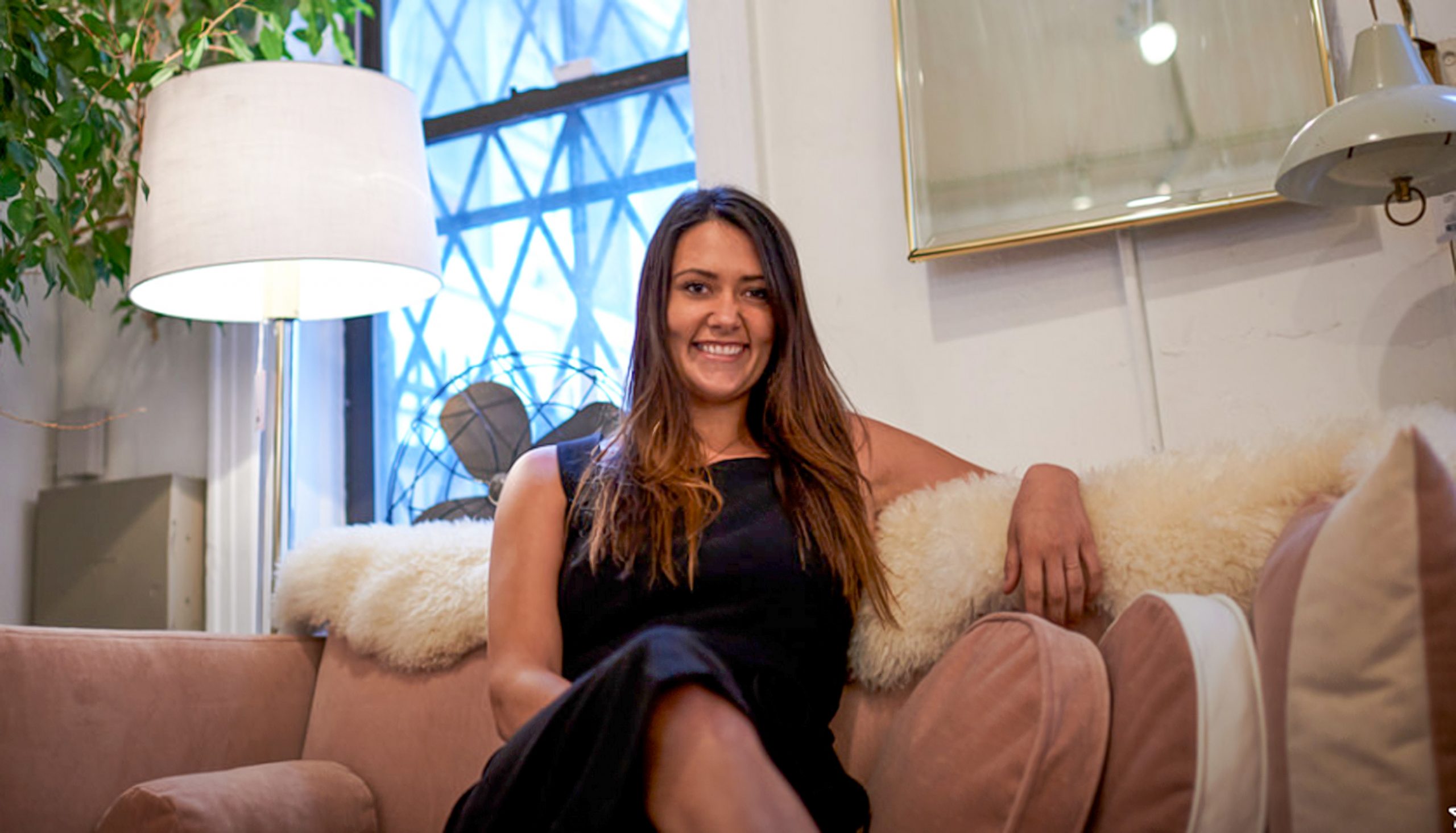
“Customers are aware of what gets thrown out. They want to participate in visibly sustainable events.” — Dera Lee, Dera Lee Productions
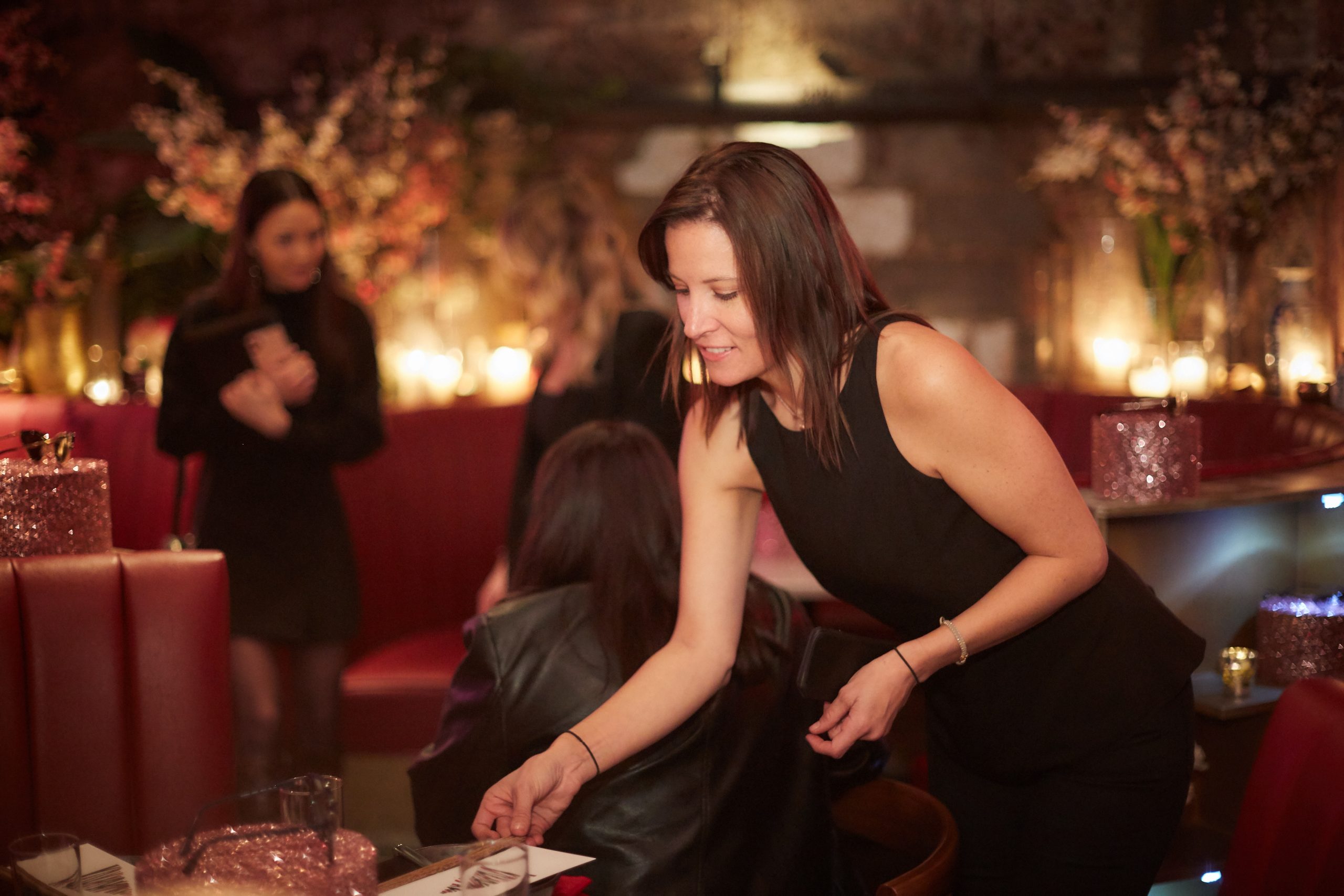
“Don’t just go to the florist around the corner. Seek out companies and partners that are eco-minded, and let them guide you. Search #ecofriendlyflorist or #ecofriendlyinvites. There is definitely a growing market of eco-friendly vendors.” — Lindsey Neff, Larkspur Botanicals
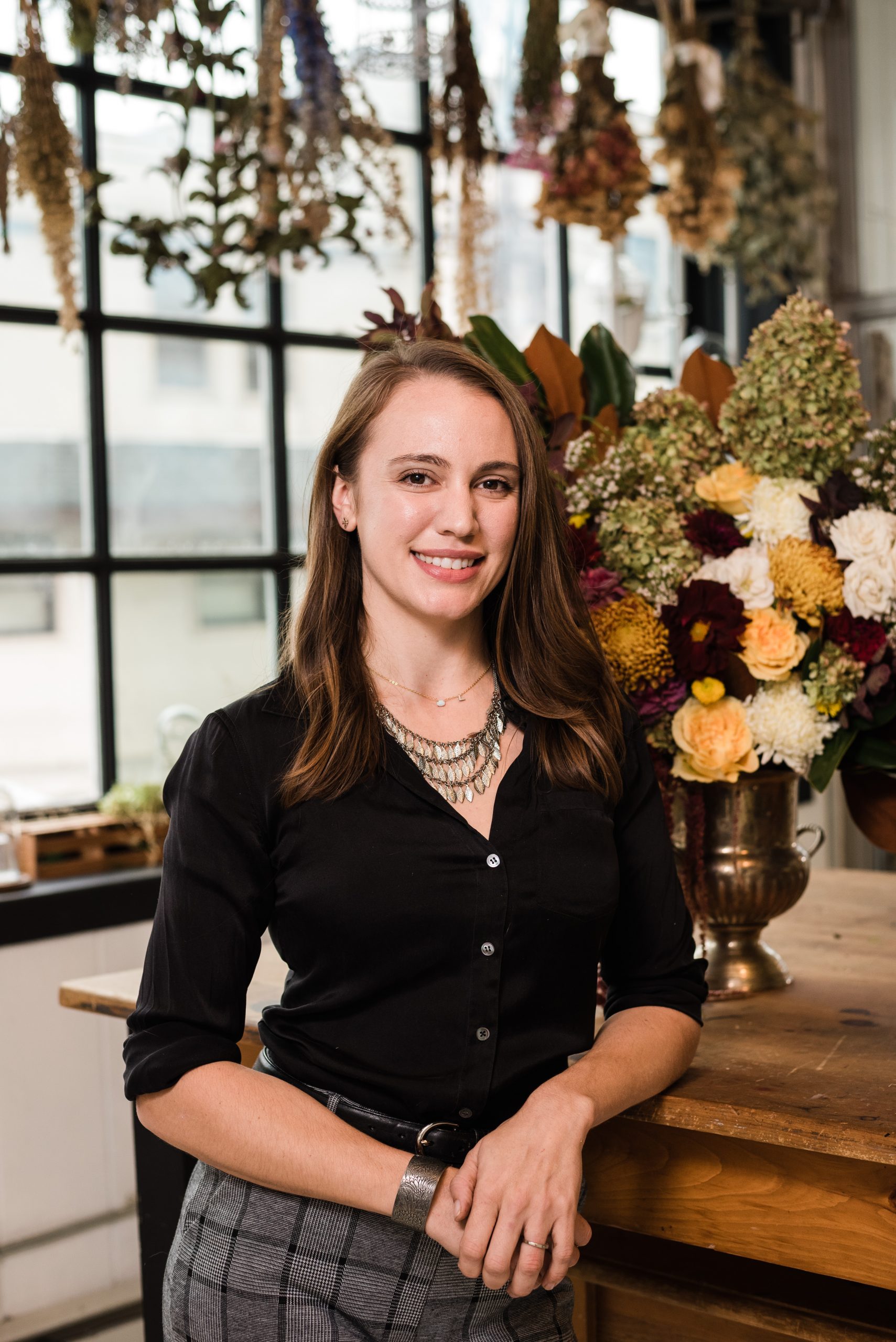
“We communicate with clients so they know we work hard to continuously reduce our impact.” — Rob Pausmith, Très LA Group
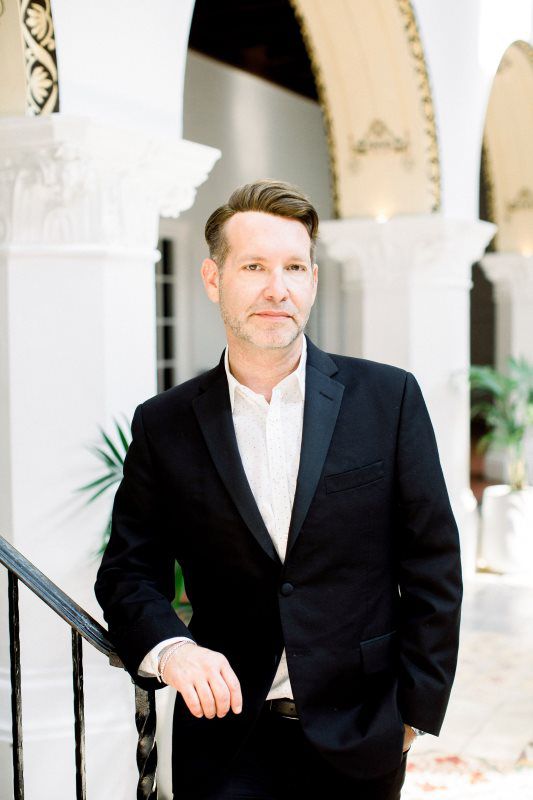
“We try to work with vendors that promote sustainability.” — Dera Lee, Dera Lee Productions
“Brands, agencies, and fabrication companies working together from the start can make the most economical and sustainable choices. That includes marketing goals, length of use, and fabrication approach.” — Maggie Balcerzak, Pink Sparrow
“Even if the client isn’t bringing sustainability into the conversation, the event planner should be offering sustainable options. It is the responsibility of all of the partners involved—from the caterer to the client to the event planner—to consider the impact of our choices.” — Dera Lee, Dera Lee Productions
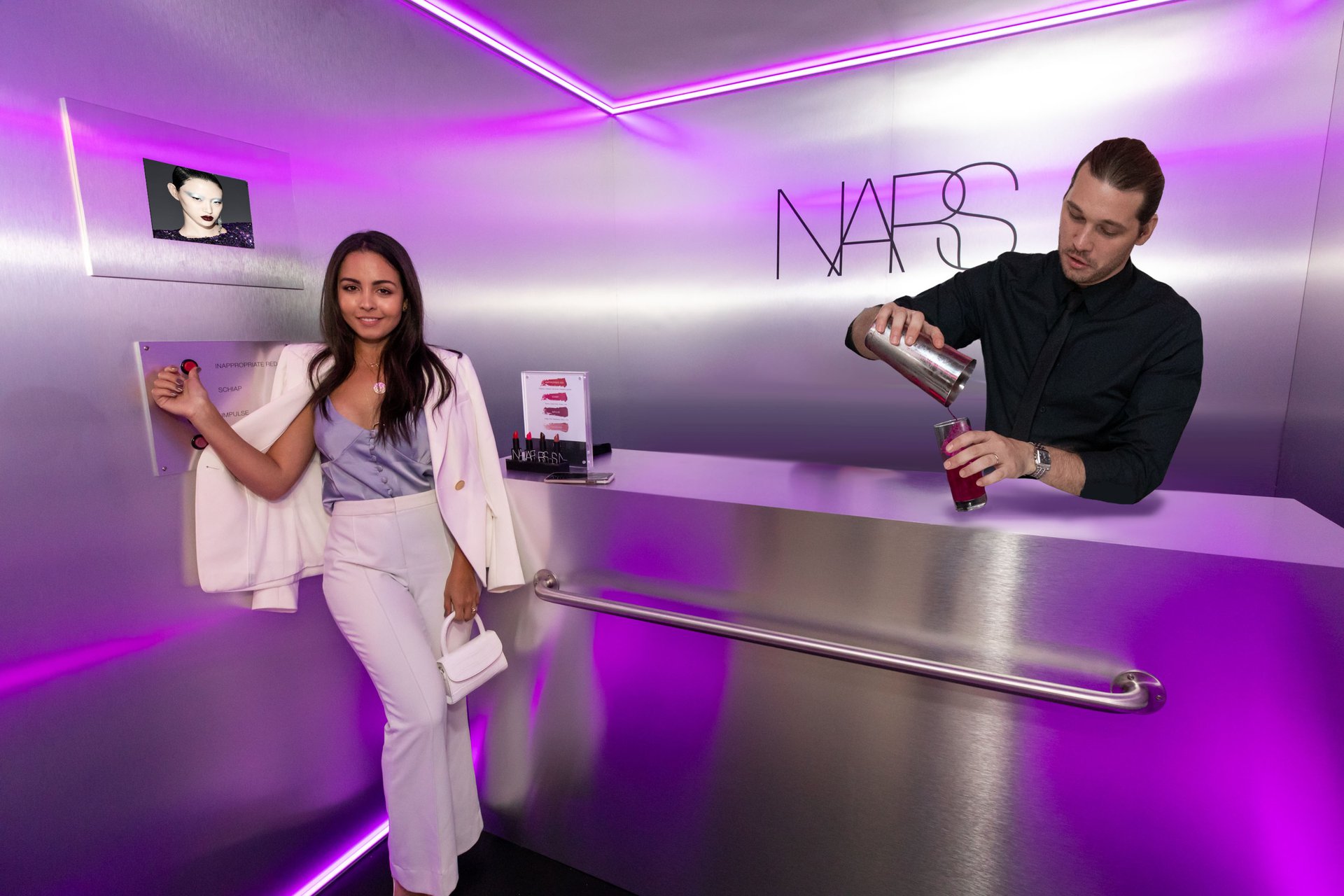
“From the onset of a project, have conversations around what the sustainability goals are for the project.” — Maggie Balcerzak, Pink Sparrow
“We begin conversations very early in the process, which helps us make better decisions around sustainability as they relate to the client’s goals, budget, and timeline.” — Maggie Balcerzak, Pink Sparrow
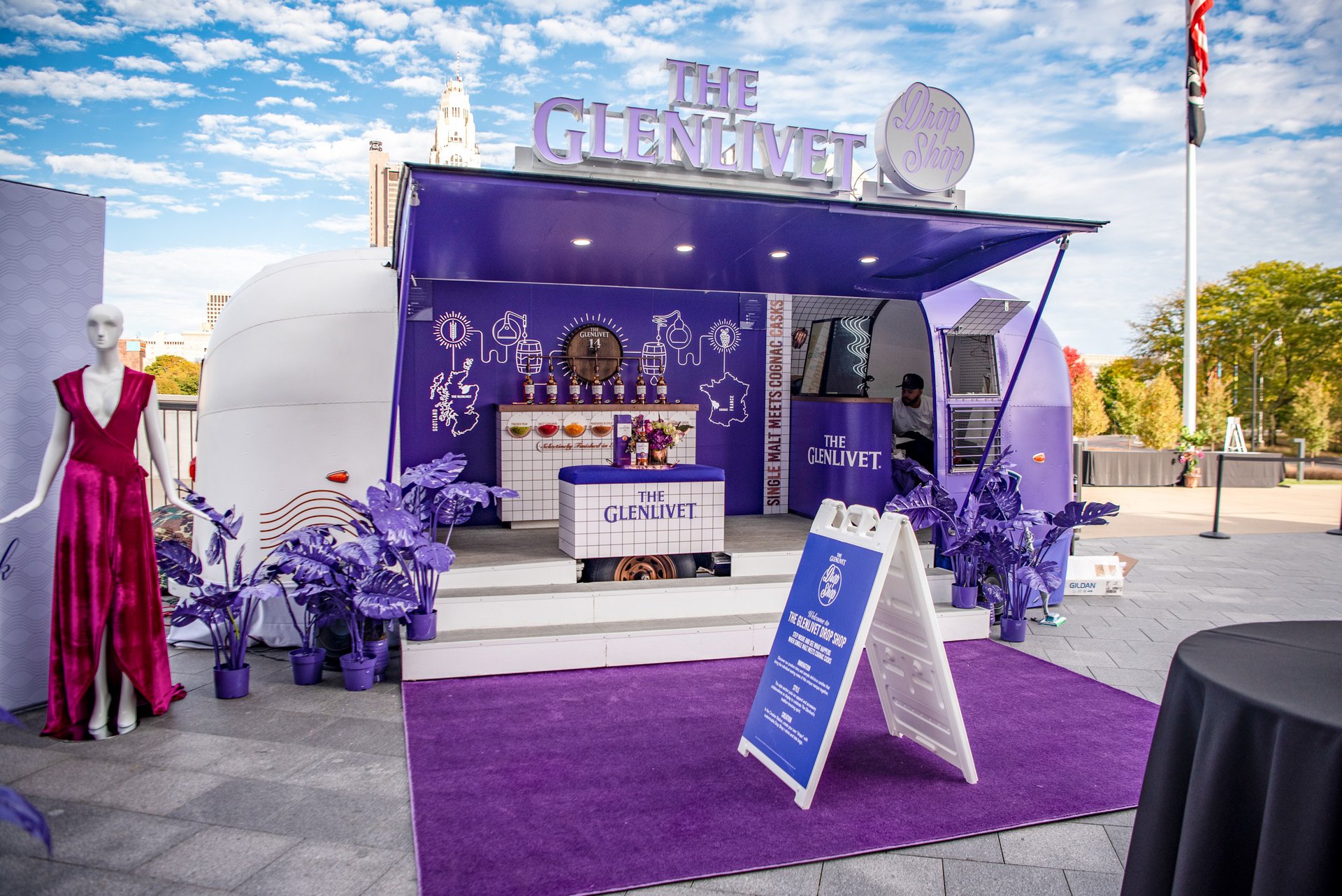
“Think holistically about the lifecycle of an event. It takes an integrated approach that includes forward-thinking design, responsible material selection, considerate packing and storage options, and better donation, recycling, and disposal processes to make a difference.” — Maggie Balcerzak, Pink Sparrow
“Our emphasis on sustainability often inspires the client to think of other ways they can make the event sustainable.” — Lindsey Neff, Larkspur Botanicals
“Understand and be conscious of the materials you’re using. Unfortunately, there is no ‘magic’ sustainable material that is going to solve every issue. We are looking forward to more innovative products coming to the market that will meet the demands of the industry. In the meantime, we’re committed to providing information to clients that can lead to informed and responsible decisions. When choosing the right material for the application, lifespan versus durability, availability versus origin, and stability versus composition are just a few of the considerations we make.” — Maggie Balcerzak, Pink Sparrow
“Use reusable items over disposables. We partner with rental companies to ensure that we are providing reusable items for service and guest needs.” — Rob Pausmith, Très LA Group
“When we deliver flowers, we don’t use branded packaging. Instead, we use cardboard boxes that would otherwise be tossed.” — Lindsey Neff, Larkspur Botanicals
“When a client asks for disposables, we use compostable, recycled offerings.” — Rob Pausmith, Très LA Group
“We are a no straws company.” — Rob Pausmith, Très LA Group

“Start with small and simple steps that you integrate into your business practice. First, reduce the amount of single-use plastic. Then consider power consumption, water consumption, and the materials used for production.” — Saadia Zahid, Studio 525

“We are trying to eliminate the use of paper, such as menus, by having knowledgeable staff share the menu verbally with the guests.” — Rob Pausmith, Très LA Group
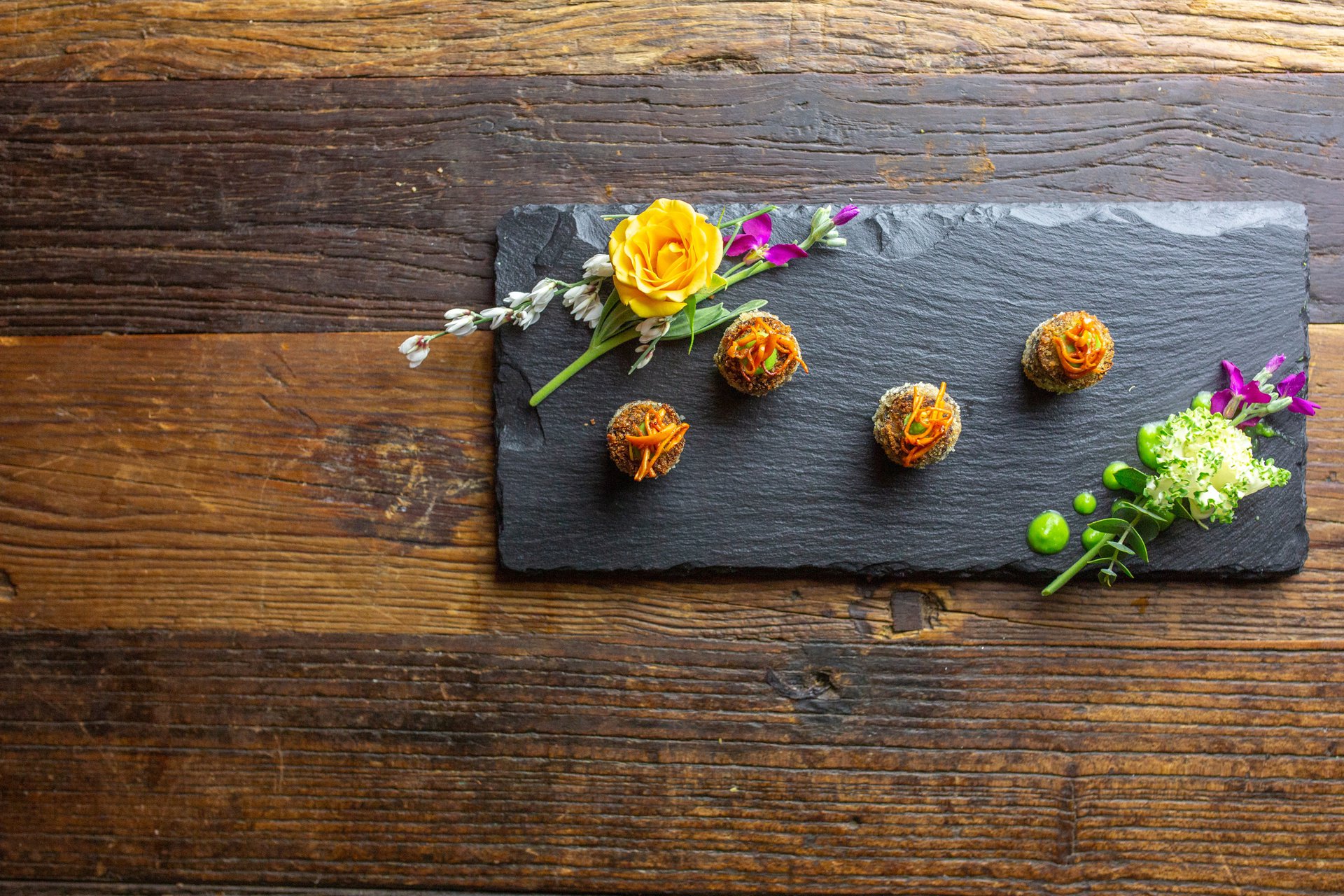
“We don’t use floral foam, which is a microplastic that will eventually break down but never truly goes away, and ends up in the water table (so eventually into the seafood we eat, for example). For large-scale installations we hydrate our flowers with reusable test tubes. Even for something as large as a flower wall we individually test tube each flower and while the process is labor-intensive it is sometimes more cost effective than using all that foam.” — Lindsey Neff, Larkspur Botanicals
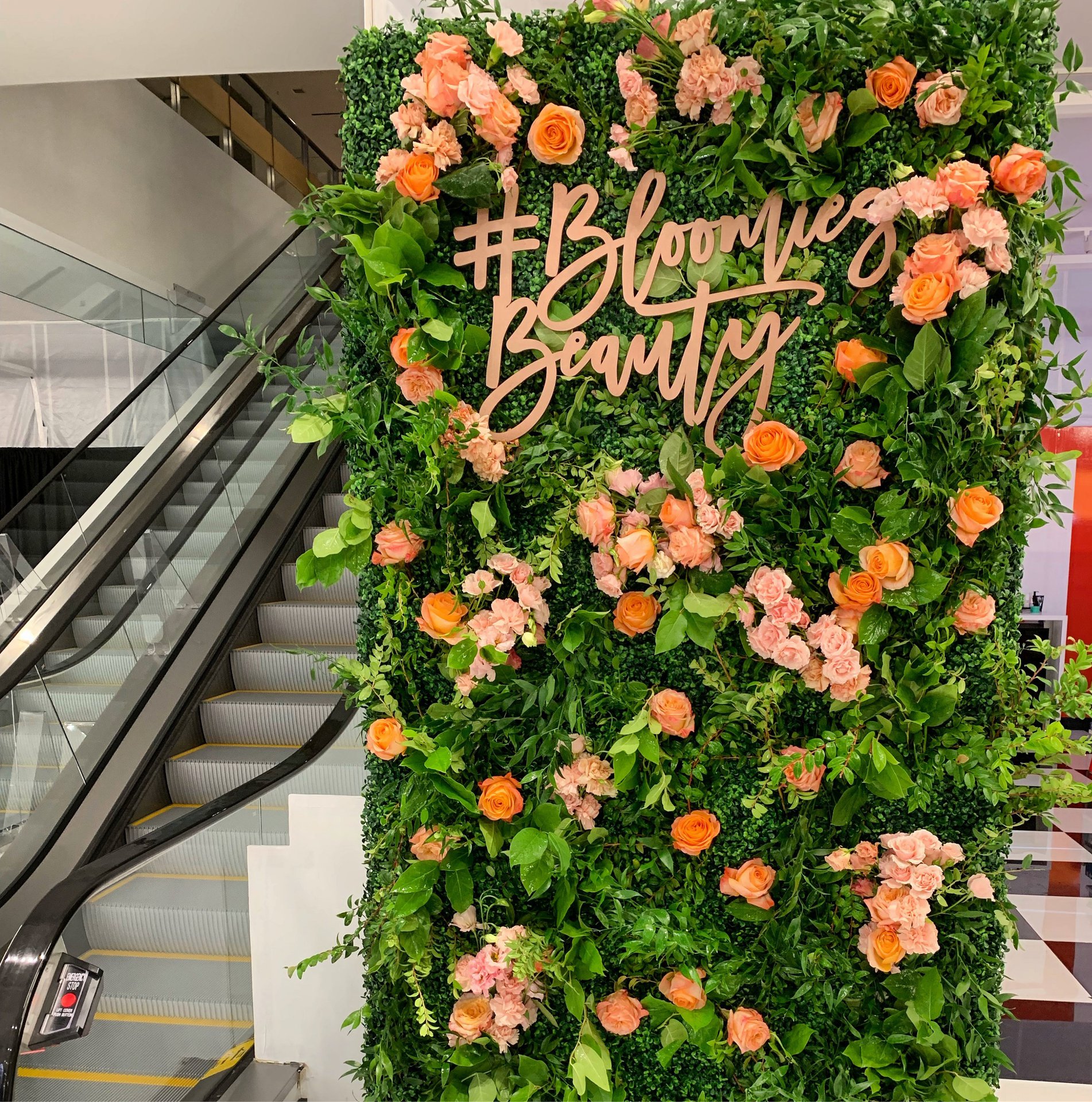
“Use live greenery as a base and then build out flower installations. For example, add cut florals to Boston Fern for a beautiful and sustainable design. For our Zipcar event, we used locally sourced flowers (like tulips from New Jersey) together with living plants like ferns. Afterwards we brought the plants back to the shop to rent out many times again.” — Lindsey Neff, Larkspur Botanicals
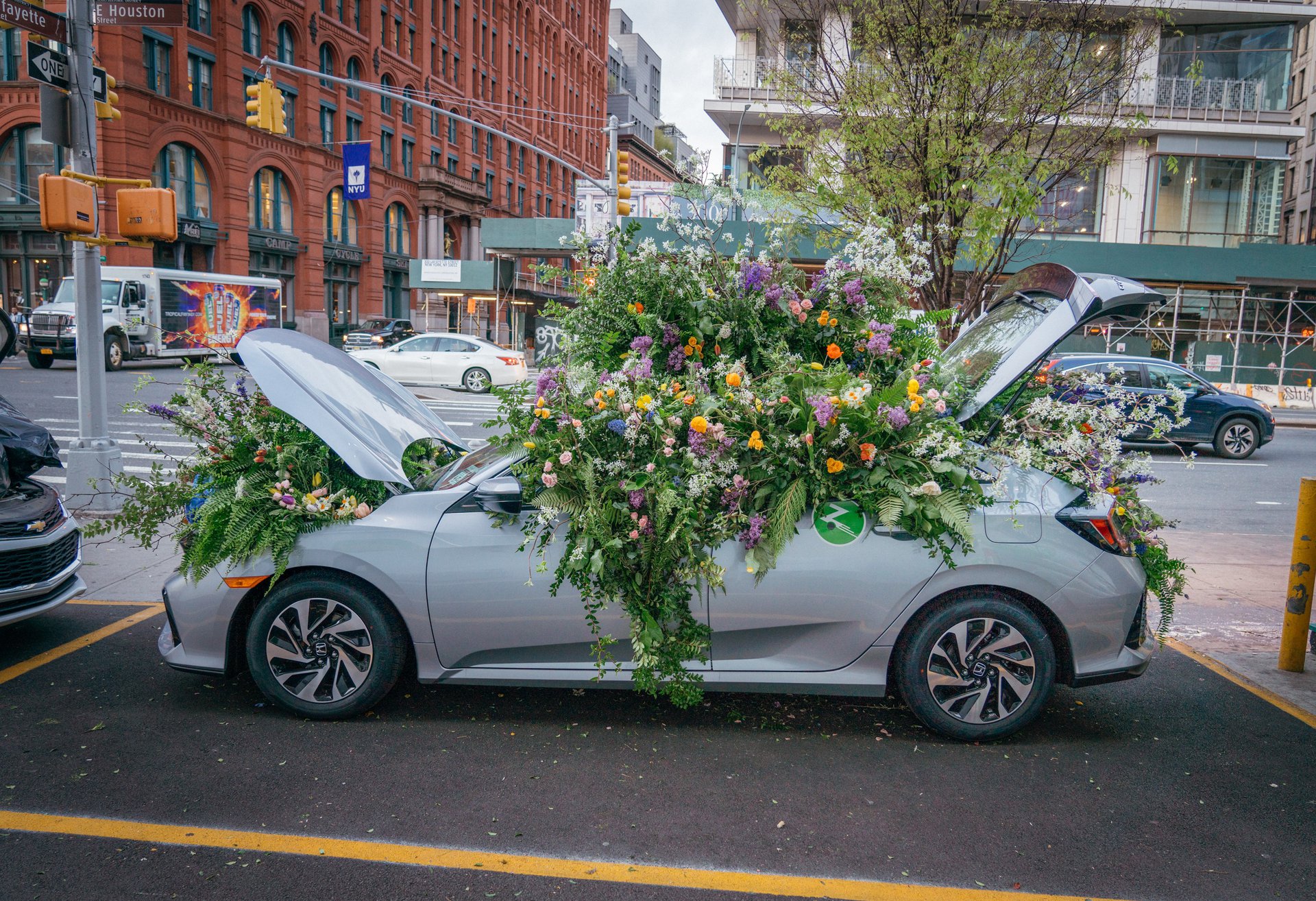
“Custom builds are rarely reusable. We do our best to work with clients to bring what they envision to life in a sustainable way—if a client is on board and willing to negotiate what they want built and are willing to use different materials, we can usually come to a sustainable solution.” — Dera Lee, Dera Lee Productions
“We started by ending plastic bottle use and are slowly working into other areas relevant to us as an event space.” — Saadia Zahid, Studio 525
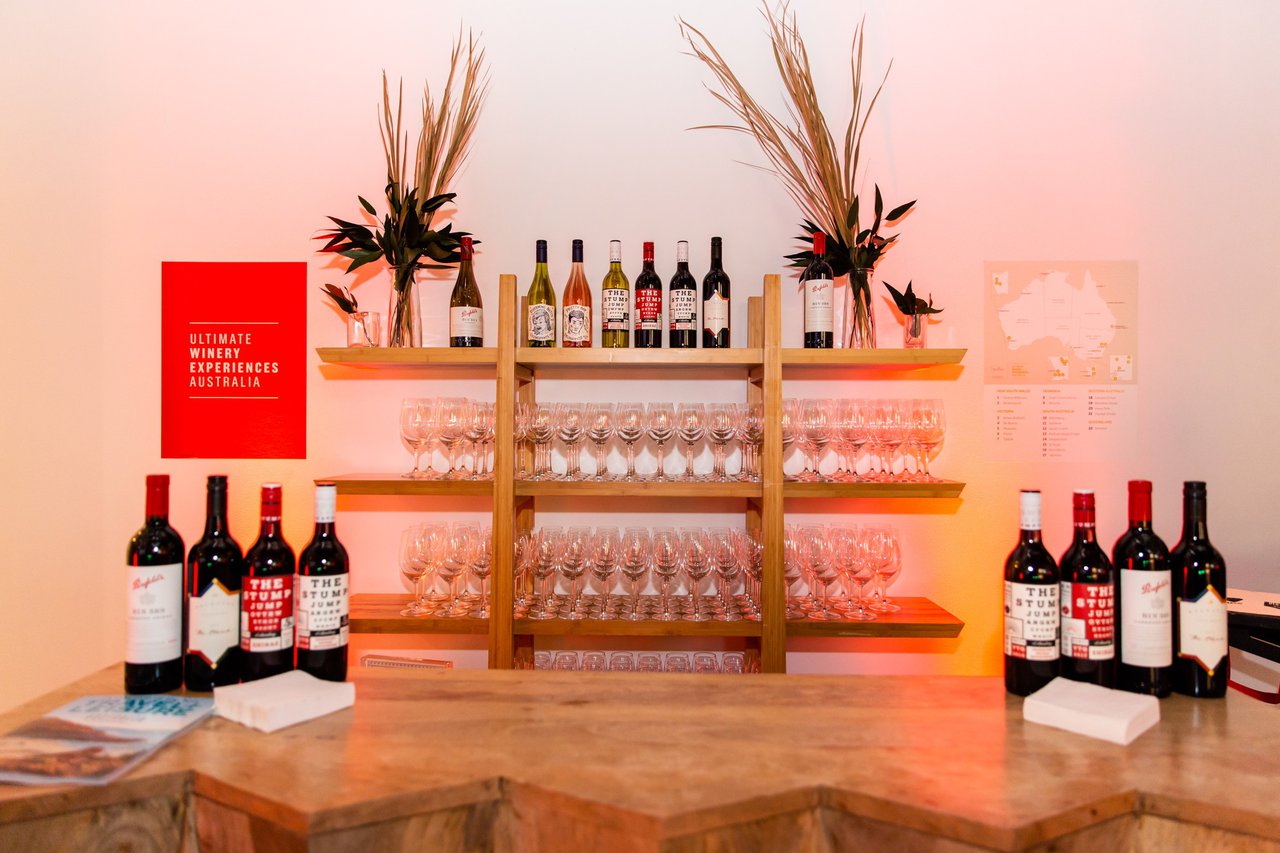
“We offer sustainable menus with local, organic, farm-raised options.” — Rob Pausmith, Très LA Group
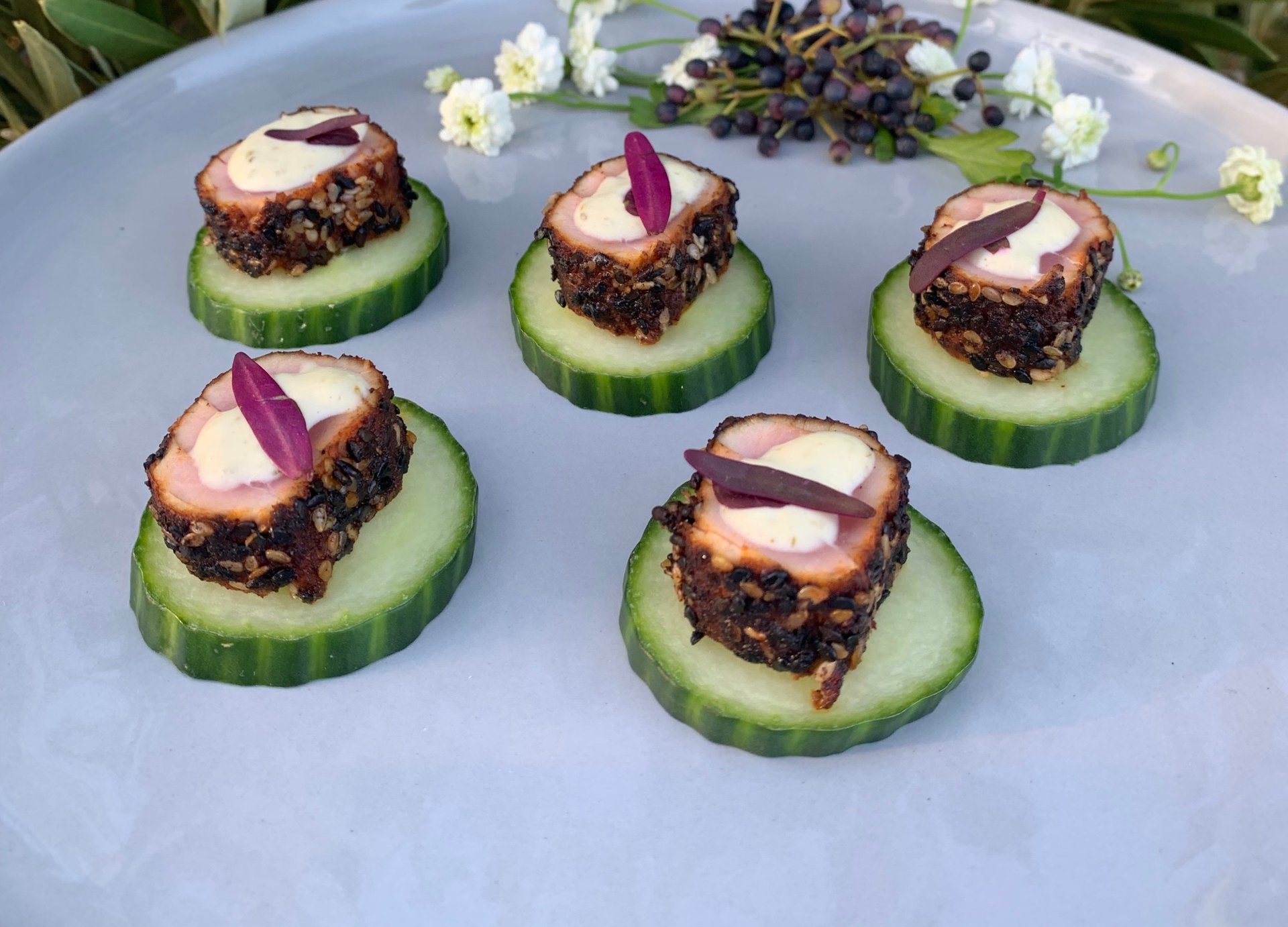
“We work with eco-minded event planners who box up untouched food from cocktail hours and bring it to homeless shelters.” — Lindsey Neff, Larkspur Botanicals
“We dump extra water from our flower buckets into the garden at our studio instead of down the drain.” — Lindsey Neff, Larkspur Botanicals
“Events bring together a lot of people. Communicating a message about the importance of sustainability has the power to spread through an event and positively influence many.” — Saadia Zahid, Studio 525
“The innovative use of technology in the operations and production of events is having a positive impact. Using projections for decor and apps for guest check-in and invitations will contribute significantly to reducing environmental impact.” — Saadia Zahid, Studio 525
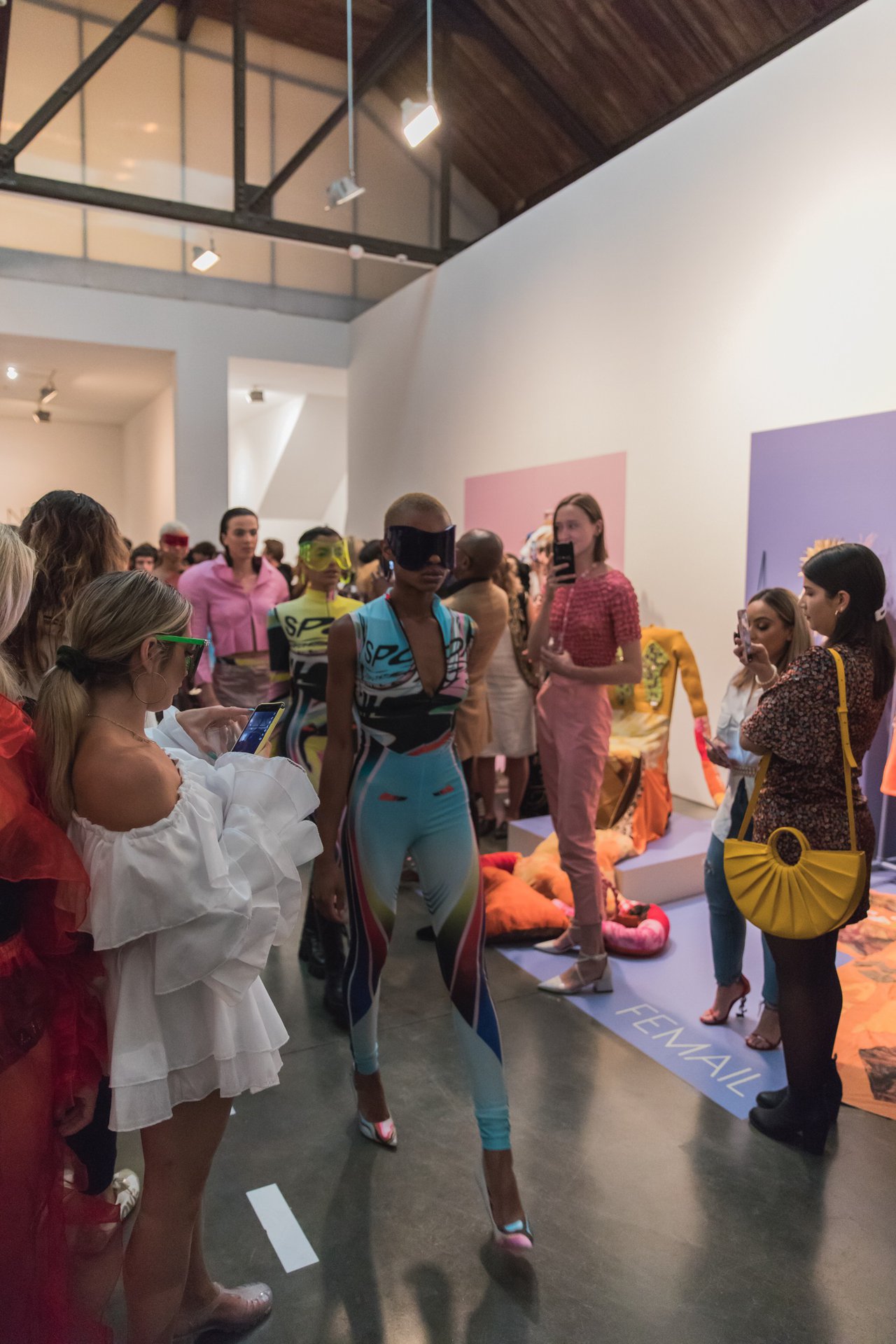
“We did a two part installation with Zipcar for Earth Day where we made sustainability part of the event. We filled a car with flowers and then at the end of the evening, we handed out over 200 bouquets to New York pedestrians. It was almost a performance art piece! We witnessed so much joy as people recieved an unexpected gift of a bouquet.” — Lindsey Neff, Larkspur Botanicals
“Some of the companies we work with are proud of the fact that we are eco-friendly and advertise our sustainability along with their event.” — Lindsey Neff, Larkspur Botanicals
“The Miller Lite music festival tent we collaborated on with MKG was our most sustainable to date. The tent toured the country, activating five times a year for three years in a row. We built modularly, maximizing material yield for flexibility and durability to create an infrastructure that could be efficiently assembled and disassembled within restricted timelines. It was designed to withstand the high foot traffic and varying site and weather conditions with as little refurb as possible, and the whole 40’ x 60’ set fit in one truck.” — Maggie Balcerzak, Pink Sparrow
“We extend the life-cycle of a build beyond one use. While we cannot control the direction that our clients (or their clients) decide to go as it relates to sustainability, our business development and design teams are having afterlife conversations on the front-end as much as possible. For elements that terminate after a single-use, our project management and fabrication teams are looking at elements that can be refurbed and reused for upcoming projects.” — Maggie Balcerzak, Pink Sparrow
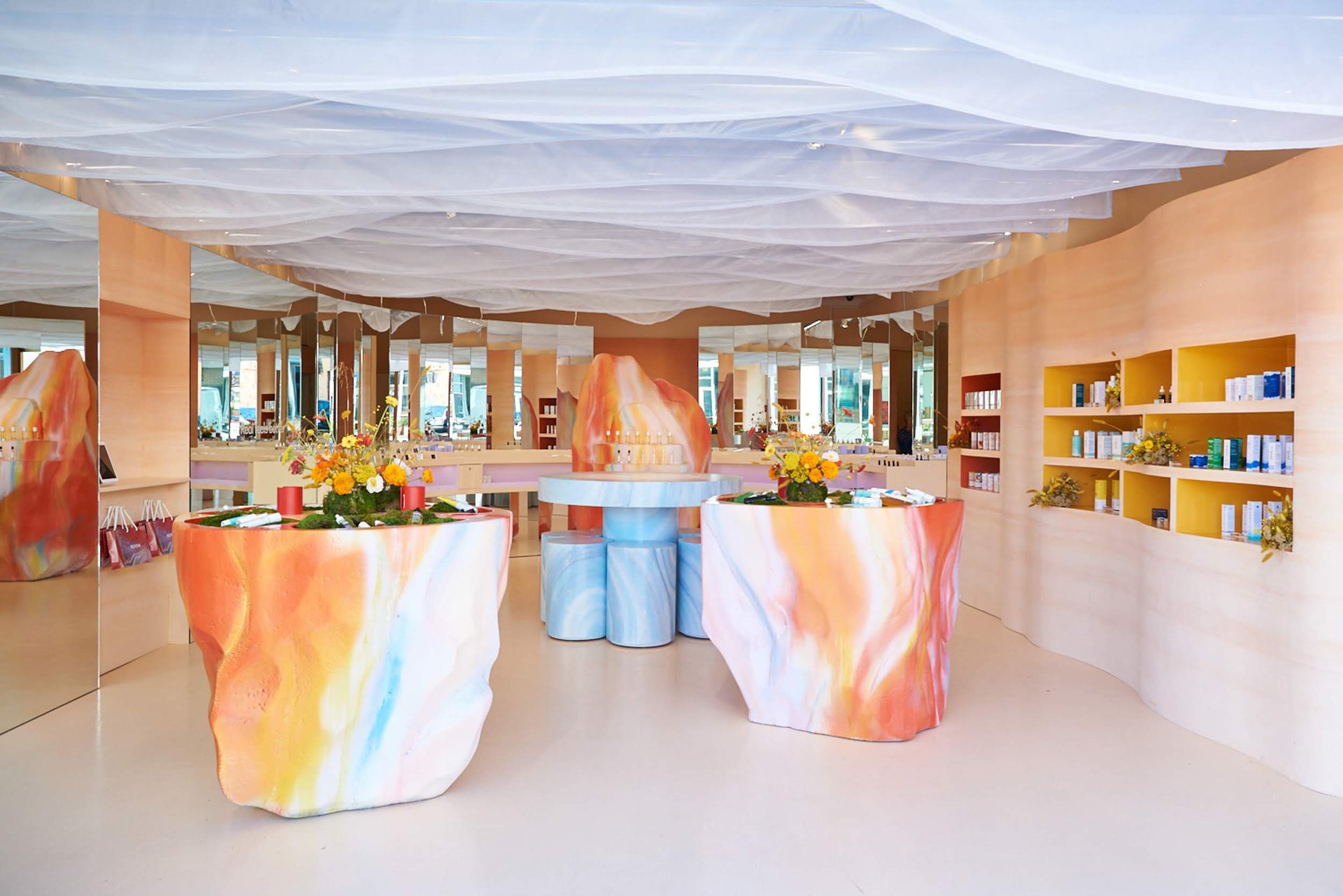
“When we cannot reuse, we look for another home and donate to organizations we’ve formed partnerships with, which include local schools, second-hand shops, and cultural institutions.” — Maggie Balcerzak, Pink Sparrow
“Balloons and tinsel are usually not eco-friendly but we find a way to reuse them. After event breakdowns, these materials go back to the shop over and over again until they are absolutely not useable for future events. At this point, we have friends in the art departments at local schools who come by and pick up these used materials.” — Lindsey Neff, Larkspur Botanicals
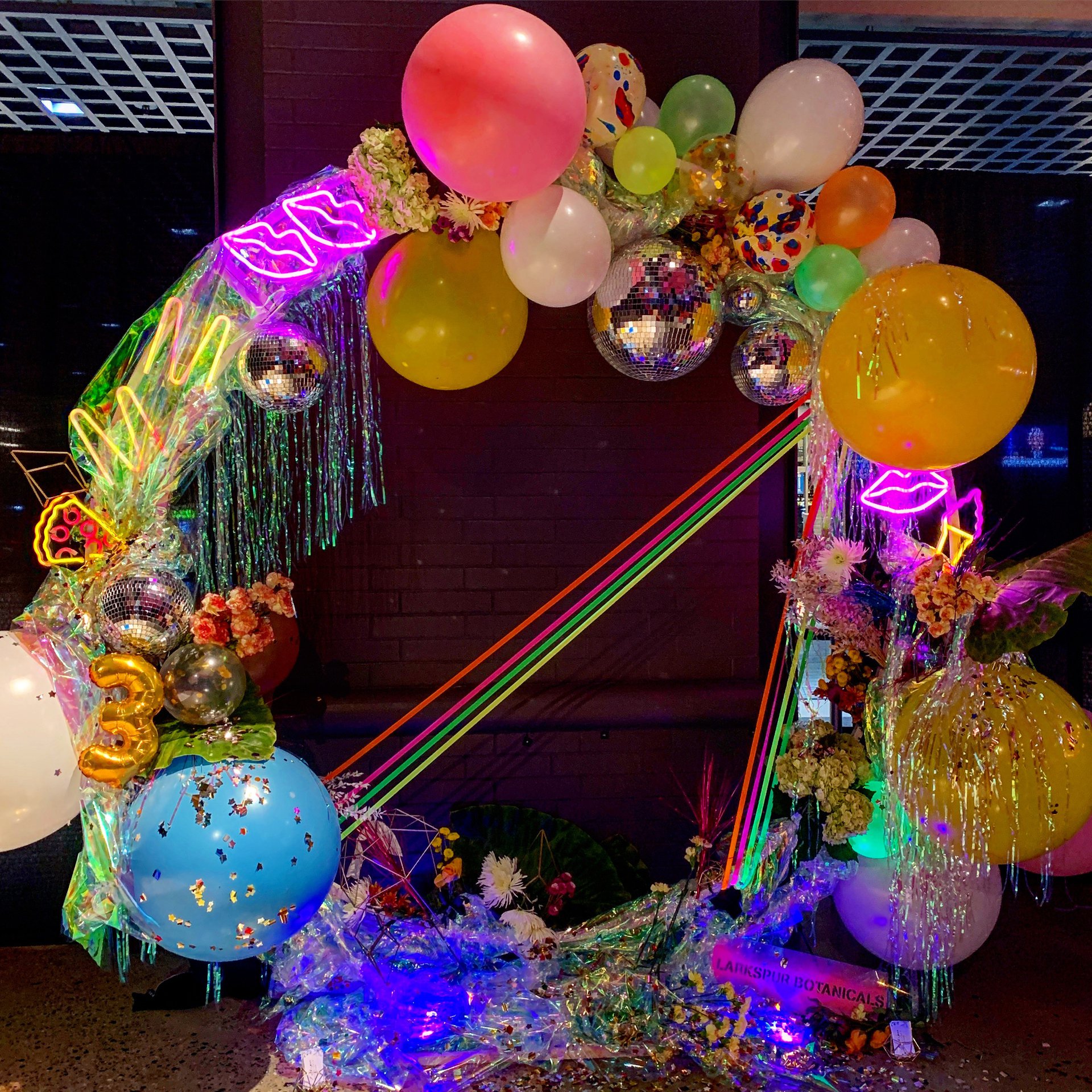
“We train all new employees to be eco-friendly. From day one, we teach them how we tear down and dispose of materials responsibly. We show them how we sort each type of material, what goes into compost bags to be picked up by the city, and what things we can fold up and reuse.” — Lindsey Neff, Larkspur Botanicals
“The final step is recycling and disposal. We work with a waste management company (that does an amazing job at sorting) to create an individualized plan that works best for our industry and initiatives.” — Maggie Balcerzak, Pink Sparrow
“We monitor our energy consumption and food waste bi-annually so that we can continue improving.”— Rob Pausmith, Très LA Group
“The events industry is still producing a considerable amount of waste and has taken slow steps to improve and account for these practices. We should be conscious of the waste we create, the power we consume, and be aware of best practices across all aspects of sourcing, production, waste management and human interaction. We can all be more diligent about the waste we create and the management of that waste.” — Saadia Zahid, Studio 525
“Sustainability is something the event industry needs to push. The industry and clients are both responsible for offering good practices. It takes a collaborative effort to make these choices together.” — Dera Lee, Dera Lee Productions
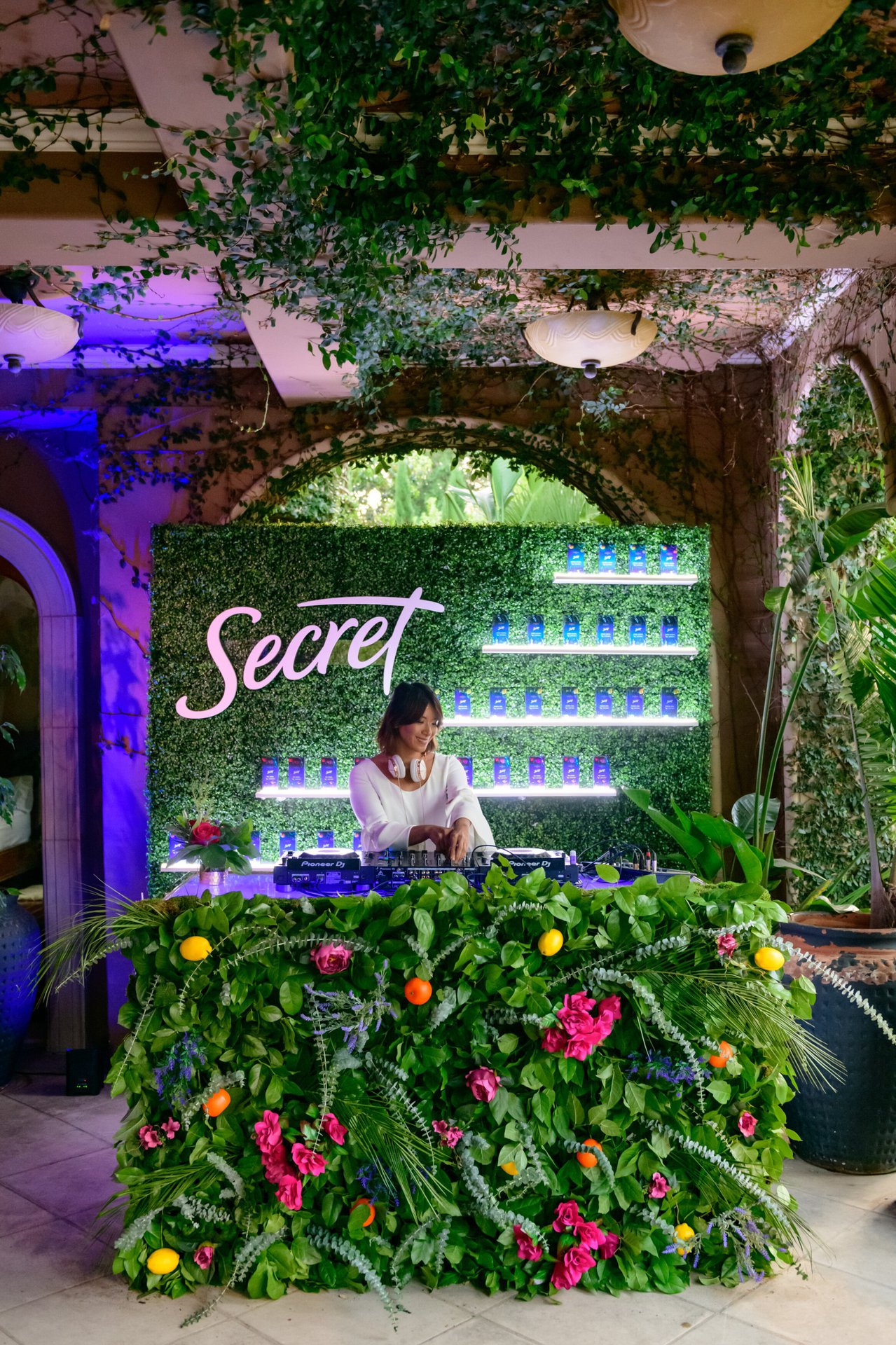
“Figuring out ways to be more sustainable is crucial to the events industry. Without positive change, innovation, and significant effort from all players in this area, we become part of the problem. As the environmental crisis persists, we need to take responsibility for driving the conversation and taking action around sustainability. The relevance, existence, and future growth of this industry depends on prioritizing this initiative. We all need to participate. Staying on the leading edge and relevant has always been a part of this industry. Now we’re recognizing that the stakes are higher than ever.” — Maggie Balcerzak, Pink Sparrow
“Being eco-friendly does require more labor and can be more expensive, but in the long run sustainable practices are going to need to be law of the land because of climate change. The other way might be cost effective in the short term but too costly to the environment.” — Lindsey Neff, Larkspur Botanicals
“Our company is certifiably sustainable through the New Jersey Sustainable Business Registry and we are the only florist who has been on there for five years running. You have to apply the first year and each year following they ask you to reaffirm how you are sustainable and encourage you to add more sustainable practices. This year they asked us: Have you added solar panels to your shop? Do you drive fuel efficient vehicles? How much water do you use? These questions inspired us to add sustainable practices we hadn’t yet thought of.” — Lindsey Neff, Larkspur Botanicals
Did we miss a great sustainable practice for corporate events? Drop us a line at [email protected] or DM us on Instagram @thevendry, we’d love to hear it!